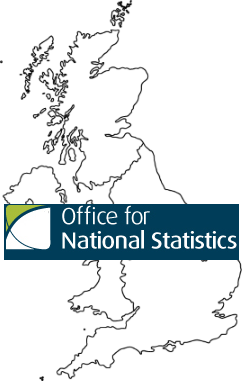Net migration estimated at +273,000 in the year ending June 2018, but Migration Observatory
Today's migration statistics quarterly report by the Office for National Statistics (ONS) shows that net migration of EU citizens has fallen to the lowest level since 2012, but overall net migration remains broadly unchanged due to a rise in non-EU immigration.
 The quarterly report covers the year ending June 2018 and you can read it here.
The quarterly report covers the year ending June 2018 and you can read it here.
According to the ONS, net migration was an estimated 273,000 in the year ending June 2018, with 625,000 people moving to the UK and 351,000 people leaving.
The report notes: "Non-EU net migration was the highest since 2004, with 248,000 more non-EU citizens arriving than leaving the UK and at a similar level to that seen in 2011. Increases in immigration for both work and study have been seen in the most recent year, particularly for Asian citizens.
"The overall number of EU citizens coming to the UK continues to add to the population as 74,000 more EU citizens came to the UK than left. This was the lowest estimate for EU net migration since 2012 and the lowest immigration level since 2014."
Net migration from the so-called EU8 countries that joined the EU in 2004 (including Poland), however, is estimated to be -14,000 as more people are leaving the UK than arriving.
Madeleine Sumption of the Migration Observatory at the University of Oxford said in a press release: "EU migrants have been leaving in larger numbers since the referendum, and net inflows have greatly decreased. The lower value of the pound is likely to have made the UK a less attractive place to live and work and economic conditions in several of the top countries of origin for EU migrants have improved."
Interestingly, Sumption added: "We have doubts about the accuracy of the non-EU net migration figures. Other data sources do not support the idea that non-EU citizens are currently contributing so much to net migration."